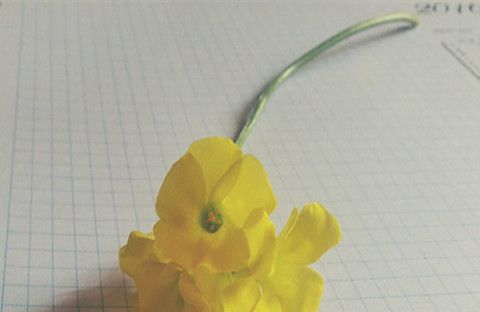牛津实用英语语法 228 if only
|
only 可以用在if之后,按照和它连用的不同时态分别表示希 望、愿望或遗憾。 A if only+现在时/will表示希望: If only he comes in time. 但愿他能及时来到。相当于: We hope he will come in time. 我们希望他会及时来。 If only he will listen to her. 但愿他愿意听她的话。相当于: We hope he will be willing to listen to her. 我们希望他愿意听她的话。 B if only+一般过去时/过去完成时表示遗憾(参见第300节wish+一般过去时或过去完成时): If only he didn’ t smoke! 要是他不吸烟该多好!相当于: We wish he didn’t smoke./We are sorry he smokes. 我们希望他不吸烟。/他吸烟我们感到遗憾。 If only(=I/We wish) Tom were here! 汤姆要是在这里就好了! If only you hadn’t said,‘Liar’! 要是你没说“你撒谎”就好了。相当于: We wish you hadn’t said,‘Liar’/We are sorry you said,‘Liar.’ 我们希望你没说“你撒谎”。/你说了“你撒谎”,我们感到遗憾。 C if only+would表示对于现在的动作的遗憾,可以作为 if only +一般过去时的替代说法,它具有 wish+would的含义: If only he would drive more slowly! 要是他肯开得慢一些就好了!相当于: We are sorry that he isn’t willing to drive more slowly. 他不愿意开得慢一些,我们感到遗憾。 if only+would也可以表示没有多大希望实现的关于将来的愿望: If only(=I/We wish) the rain would stop! 要是雨能停该多好!(我/我们希望雨停,但我们想雨会继续下个不停。)(参见第300节与第301节有关wish部分。) if only从句如上所述可以单独使用,也可以作为一个完整的条件句的组成部分。 |








